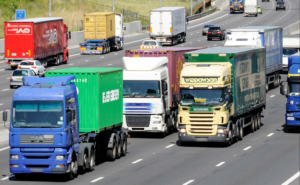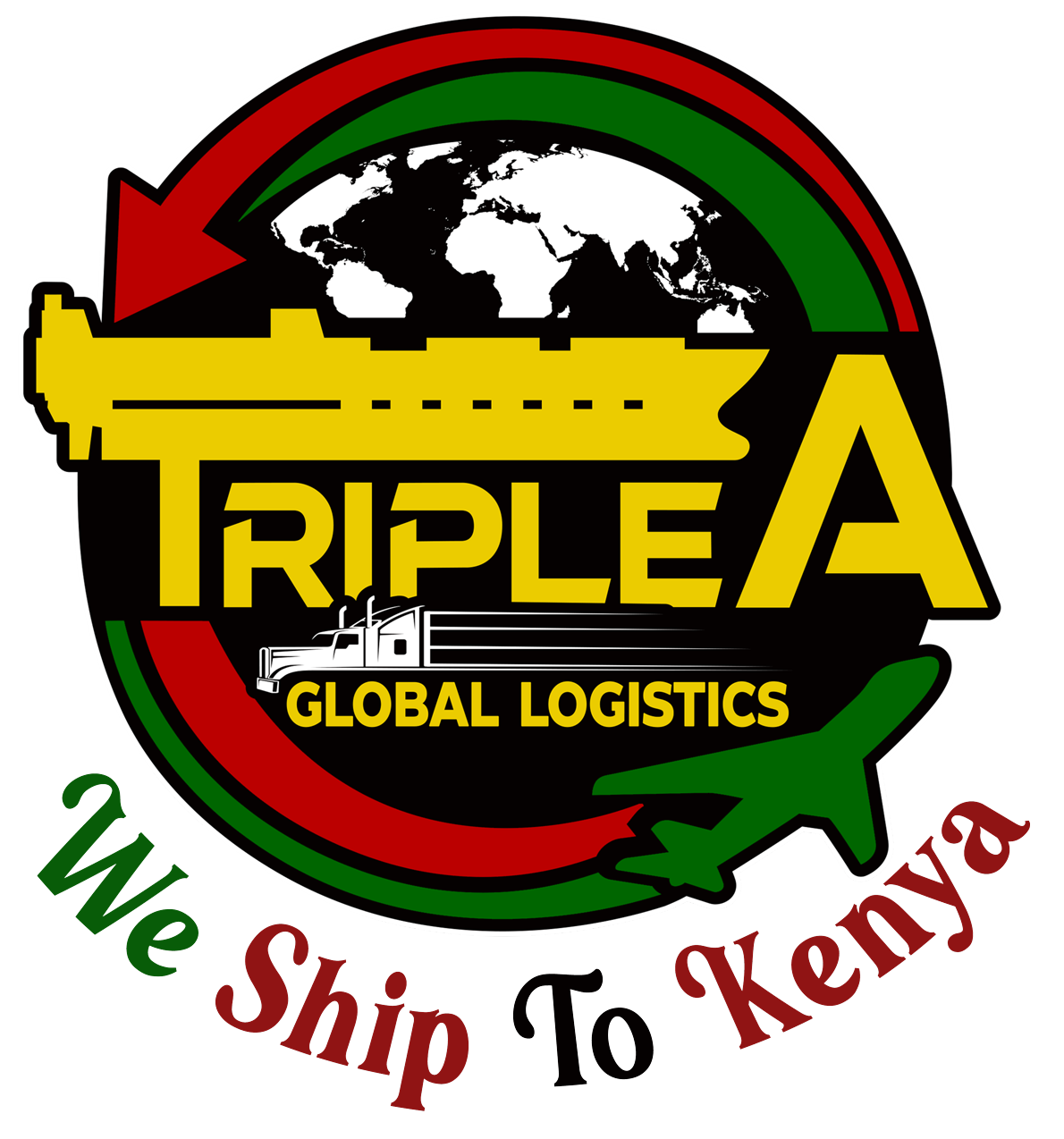Call Us:
+44(0)2039579445
+254 111 81 81 81
Mail Us:
info@tripleafreight.co.uk
Triple A
 Truck freight transport road is vital in the global economy, UK serving as the backbone of logistics and supply chain management. Trucks are essential for moving goods efficiently and reliably from consumer goods to transporting raw materials. This comprehensive guide delves into the world of truck freight transport, exploring its types, advantages, challenges, technological advancements, environmental impact, future trends, and more.
Truck freight transport road is vital in the global economy, UK serving as the backbone of logistics and supply chain management. Trucks are essential for moving goods efficiently and reliably from consumer goods to transporting raw materials. This comprehensive guide delves into the world of truck freight transport, exploring its types, advantages, challenges, technological advancements, environmental impact, future trends, and more.